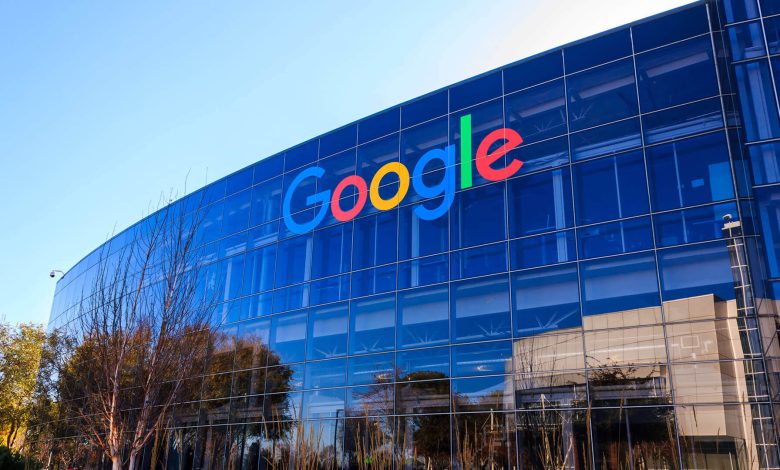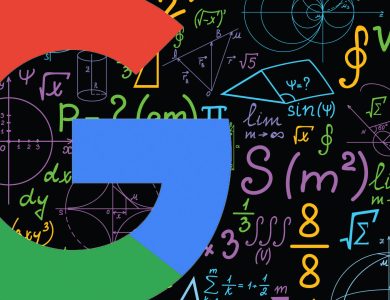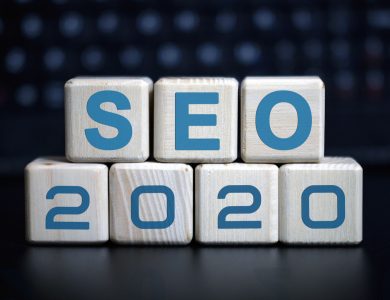
Over nearly 16 years of covering search, particularly focusing on what Googlers have said regarding SEO and ranking topics, I have encountered numerous seemingly contradictory statements. Google’s ranking algorithms are intricate, and different Googlers might explain things in ways that appear conflicting. Often, they are addressing different aspects or nuances.
Some instances involve semantics, while others hinge on one person’s literal interpretation versus another’s figurative explanation. Occasionally, it’s about being technically precise versus simplifying concepts for general practitioners or non-search marketers. Furthermore, the algorithm evolves over time, so what might have been accurate once may no longer hold true.
### Does it Matter if Something is a Ranking Factor?
It’s easy to get bogged down in details that can become distractions. Ultimately, SEOs, webmasters, site owners, publishers, and content creators should prioritize providing the best possible website and web page for their given topics. Chasing after algorithm updates and what is or isn’t a ranking factor isn’t productive. Google’s goal is to rank the most relevant results to ensure user satisfaction and retention. Their methods evolve with frequent core updates, smaller algorithm tweaks, and index updates.
For SEOs, the objective is to ensure your pages offer the most authoritative and relevant content for the given query and are accessible to search crawlers.
### When is Something a Ranking Factor?
A recent example of seeming contradiction from Googlers arose this week. Gary Illyes from Google stated at PubCon that content accuracy is a ranking factor. This surprised many because it seemed to contradict previous statements suggesting that content accuracy wasn’t a ranking factor. Last month, Danny Sullivan from Google mentioned that “Machines can’t tell the ‘accuracy’ of content. Our systems rely instead on signals that align with the relevancy of a topic and authority.” This could be interpreted to mean that if Google can’t determine content accuracy, it wouldn’t use it as a ranking factor.
Upon closer examination of Illyes’s recent comments, it’s clear he was referencing the second part of Sullivan’s statement about using signals to understand “relevancy of topic and authority.” SEO specialist Marie Haynes captured more of the context of Illyes’s remark.
Illyes indicated he was talking about YMYL (Your Money, Your Life) content, adding that Google goes to great lengths to surface reputable and trustworthy sources. He didn’t explicitly say Google’s systems can determine factual accuracy directly. Instead, he implied that Google uses multiple signals, such as those determining reputation and trustworthiness, to infer accuracy.
### Is Content Accuracy a Ranking Factor?
Yes and no—it depends on whether you’re looking at it from a technical, literal, figurative, or explanatory perspective. In discussions surrounding content accuracy, Sullivan highlighted the nuance, stating, “We don’t know if content is accurate,” but “we look for signals we believe align with that.”
Similar ambiguity exists with the concept of an E-A-T (Expertise, Authoritativeness, Trustworthiness) score. Illyes mentioned there isn’t a specific E-A-T score, which is technically correct. However, Google employs numerous algorithms and ranking signals to evaluate E-A-T as a broader theme. Sullivan elaborated, “Is E-A-T a ranking factor? Not if you mean there’s a specific technical metric like speed that we measure directly. We use a variety of signals as a proxy to assess if content matches E-A-T as humans would. In that sense, yes, it’s a ranking factor.”
### The Minutiae
For people like me, who have analyzed every word, tweet, blog post, or video from Google for almost 16 years, it can be challenging for a Google representative to consistently convey a perfectly clear message. Sometimes, it’s crucial to step back, view the bigger picture, and consider why a Googler is saying or not saying something.
### Why We Should Care
Focusing on long-term goals is crucial. Rather than chasing algorithms or specific ranking factors, concentrate on the key objectives of your business, such as revenue. Create content and web pages that Google would be proud to rank at the top for relevant queries and that other sites would want to source and link to. Above all, strive to make the best possible site for users, surpassing what your competitors offer.



